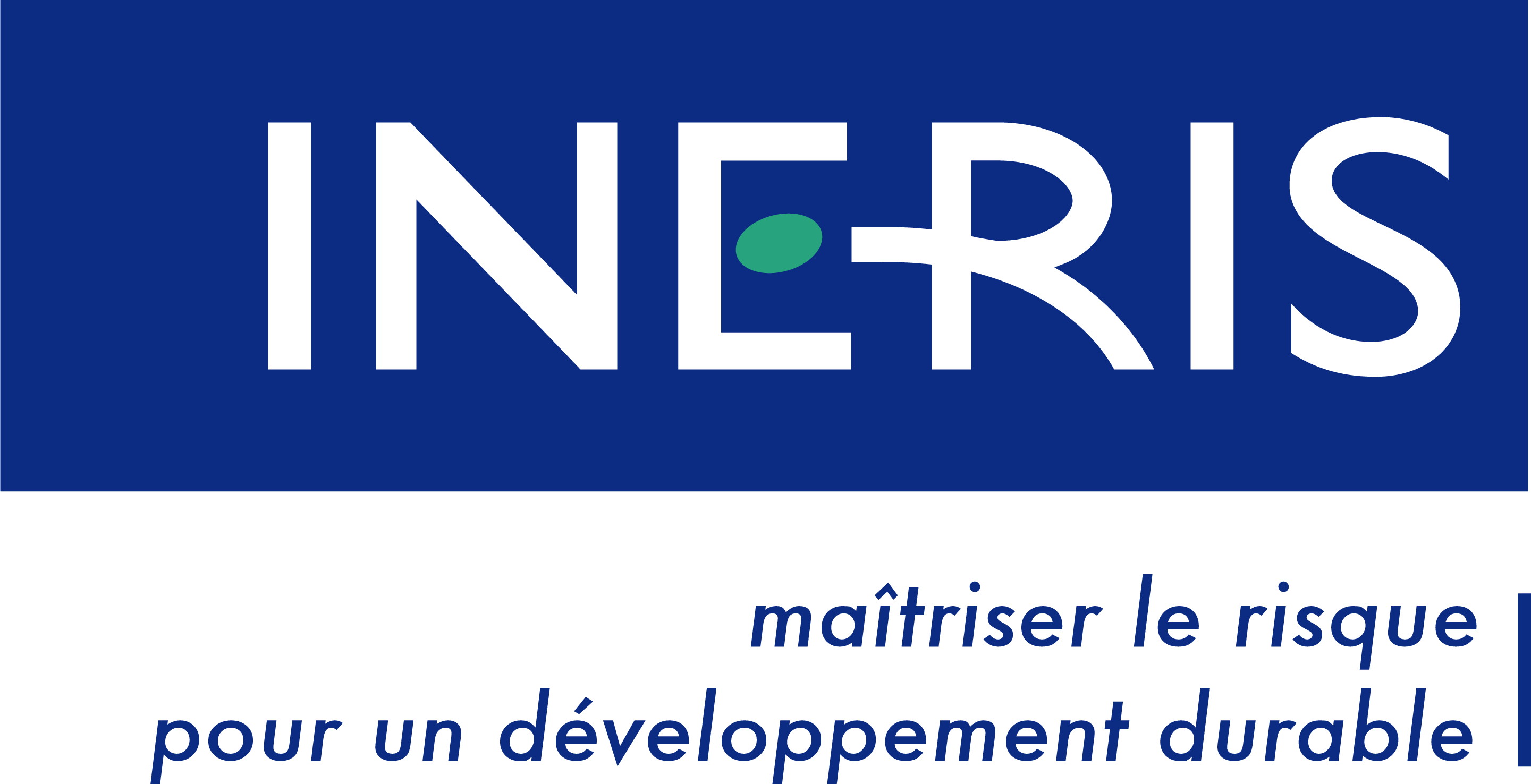Newsletter 3 Focus On Heroic Partners
In this issue we introduce the Institut National de l’Environnement et des RISques (INERIS) and the Benaki Phytopathological Institute (BPI)
 Founded in 1990, INERIS (Institut National de l’Environnement et des RISques) is a large public research institute whose mission is to provide scientific and technical assistance to the French Ministry for the Environment, with a staff of 588 persons.
Founded in 1990, INERIS (Institut National de l’Environnement et des RISques) is a large public research institute whose mission is to provide scientific and technical assistance to the French Ministry for the Environment, with a staff of 588 persons.
Located at Verneuil-en-Halatte (Oise), in the Picardy Region (at about 60 km from Paris), INERIS (www.ineris.fr) is equipped with physicochemical analysis laboratories and testing and computing facilities that rank among the best in France.
INERIS has extensive facilities and competence in ecotoxicology and toxicology in vitro, in vivo, and in silico and experience in participating and managing large international projects.INERIS, leader of WP3, is involved in WP1, WP4, WP5, WP6 and its main objectives are
- to examine and evaluate the scope of non-test and test methods for the exposure and hazard assessment of chemical substances in the regulatory context;
 Benaki Phytopathological Institute (BPI), legal entity of public sector, was founded in 1929 in Athens, Greece. The mission of BPI is the effective protection of agricultural production with simultaneous minimization of any adverse effect of agriculture on environment, wildlife and human health. The BPI personnel consists of 45 permanent full-time experts and about 70 scientists with temporary contracts. The Institute acts as the competent authority for the evaluation and risk assessment of plant protection products in the frames of the Regulation 1107/2009, as well as for biocides. BPI (www.bpi.gr) maintains a P2/P3 containment greenhouse and 13 well-equipped laboratories covering a wide spectrum of different disciplines, such as chemical analysis of various types of samples, ecotoxicological/ toxicological assays and rapid molecular techniques for plant pathogen detection. In addition, the Institute actively participates in research projects and publishes books, manuals and handbooks as well as the biannual scientific Journal entitled ‘Hellenic Plant Protection Journal.
Benaki Phytopathological Institute (BPI), legal entity of public sector, was founded in 1929 in Athens, Greece. The mission of BPI is the effective protection of agricultural production with simultaneous minimization of any adverse effect of agriculture on environment, wildlife and human health. The BPI personnel consists of 45 permanent full-time experts and about 70 scientists with temporary contracts. The Institute acts as the competent authority for the evaluation and risk assessment of plant protection products in the frames of the Regulation 1107/2009, as well as for biocides. BPI (www.bpi.gr) maintains a P2/P3 containment greenhouse and 13 well-equipped laboratories covering a wide spectrum of different disciplines, such as chemical analysis of various types of samples, ecotoxicological/ toxicological assays and rapid molecular techniques for plant pathogen detection. In addition, the Institute actively participates in research projects and publishes books, manuals and handbooks as well as the biannual scientific Journal entitled ‘Hellenic Plant Protection Journal.BPI, involved in all WPs of HEROIC and mainly in WP2, WP3 and WP4, participates with the Laboratory of Pesticides Toxicology (LPT) of the Department of Pesticides Control & Phytopharmacy.
The key areas of the scientific activity of the LPT are the toxicological assessment of Plant Protection and Biocidal Products as well as research activities. Research studies are conducted in LPT to identify adverse effects on non-target organisms, to monitor exposure levels of operators and rural population, to improve the standard of personal protective equipment, to develop tools suitable for reliable risk assessment and to develop and monitor biomarkers for the early diagnosis of adverse effects on humans, aquatic organisms and beneficial insects.

